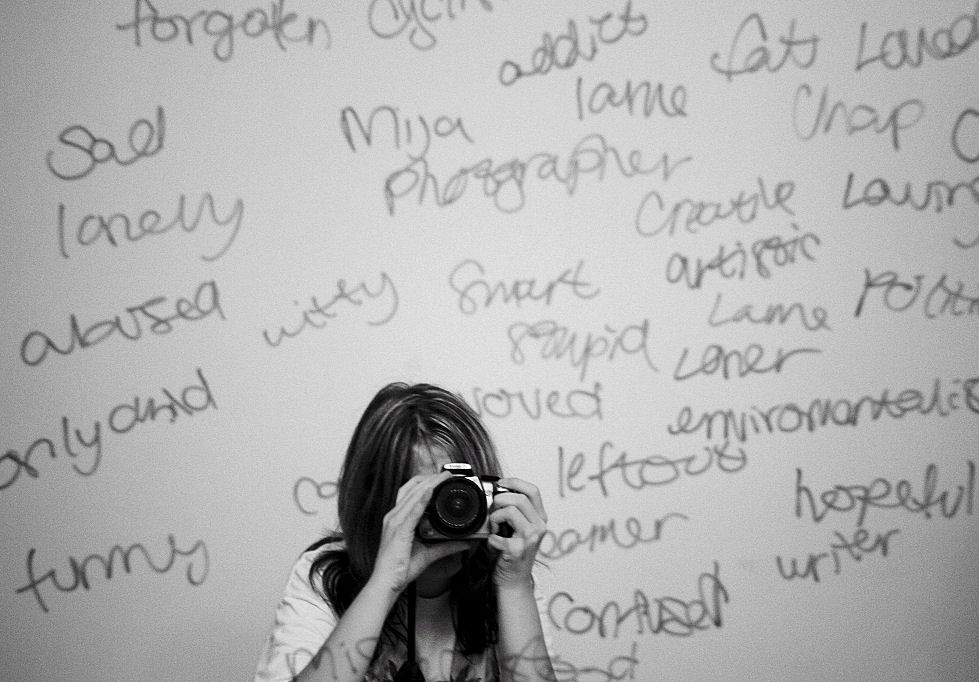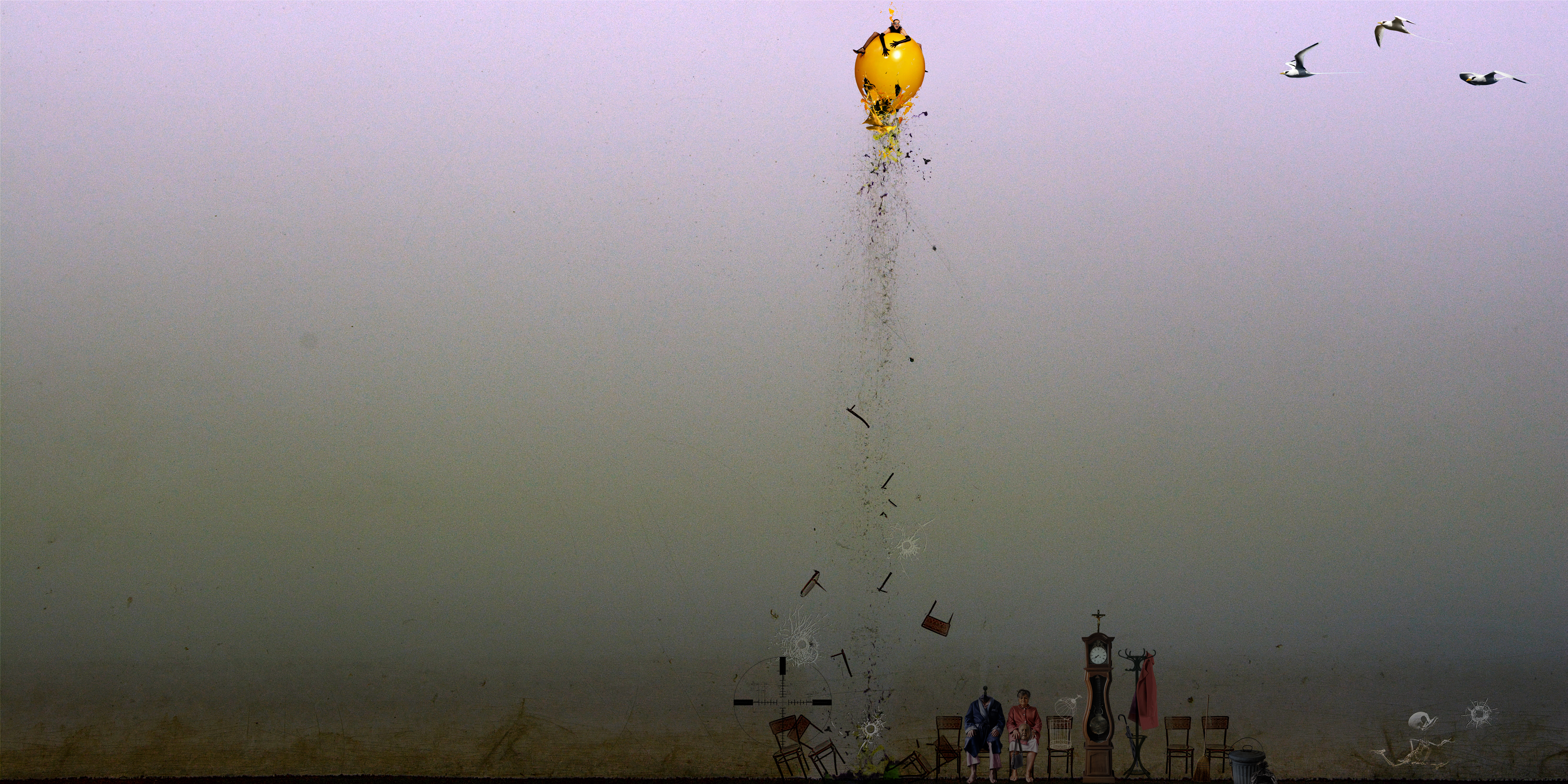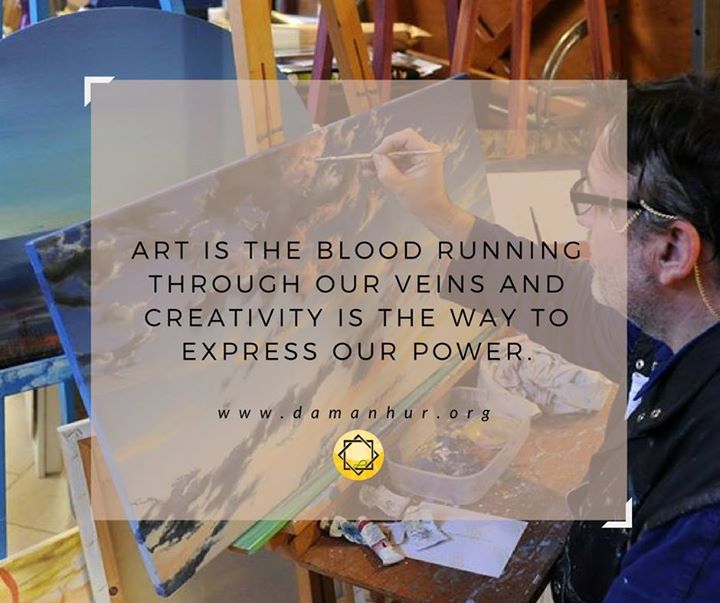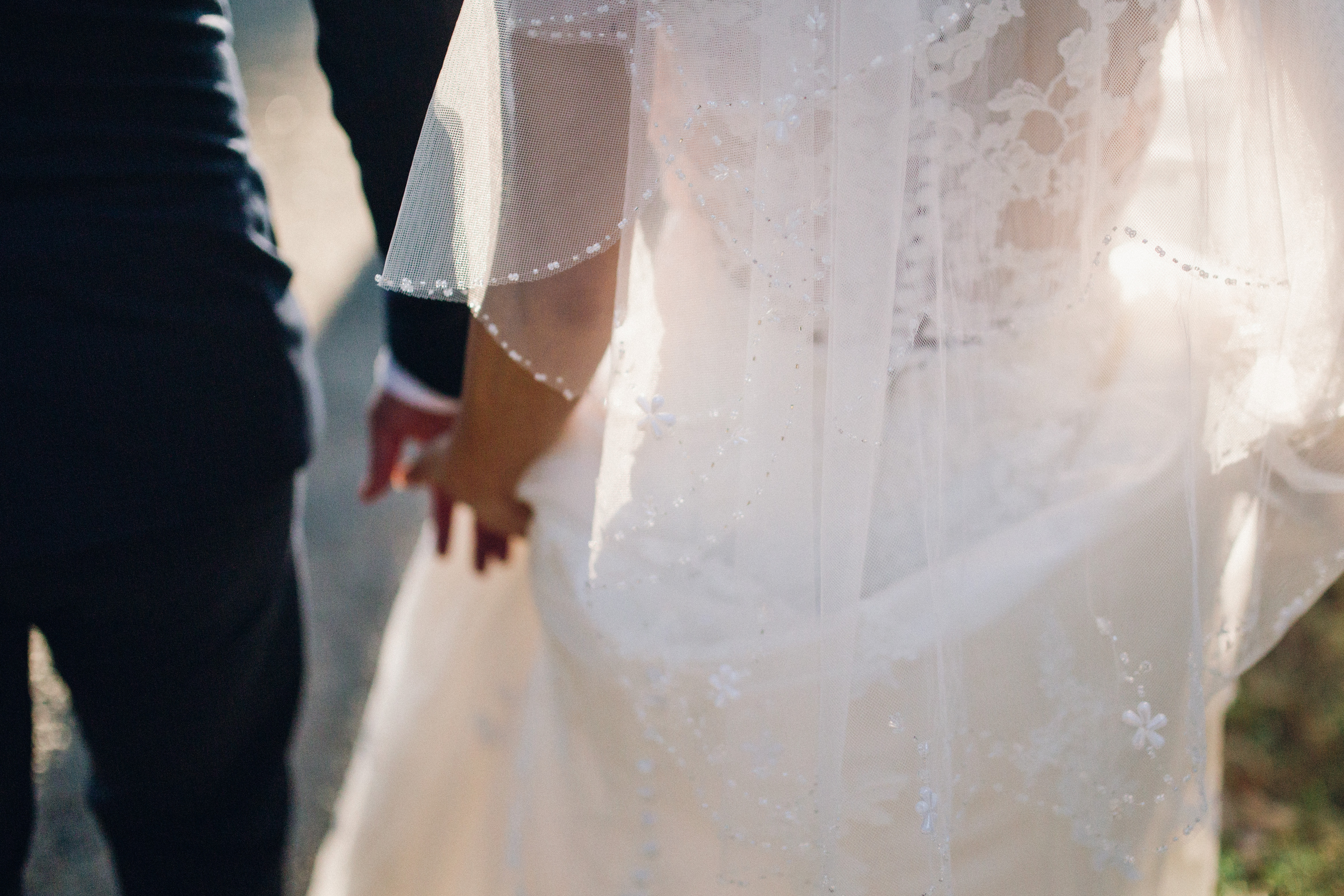The wrong question?
As soon as the question escaped my lips I knew that I had become That Annoying Person Who Asks The Stupid Question That Misses The Point. My poorly articulated question spread across the auditorium like a bad taste on the palate.
I was at the Justice Conference in Melbourne, and it was an “In conversation with…” session on the intersection of art and justice which ended up being an exploration of the relationship between creatives and the Church. They made some fascinating points around the artist as prophet and the nexus between hope and imagination.
Yet the whole thing felt stuck in a forced – and perhaps false – dichotomy which set creatives apart as some elite and misunderstood group in society generally, and in the Church particularly. Don’t get me wrong (like the audience that day probably did), I agree that creatives are sadly misunderstood and that we would do well to ask how we can better integrate them and leverage their talents within our faith space.

But for me, as someone who is creative (adjective) but not a full-time creative (noun), I wonder what that means in my own life.
Writing – including this blog – is a craft and a form of artistic expression for me. I draw and paint occasionally. I play music and compose songs.
But I am not really an artist, in the same way that I do my own tax return but am not an accountant. I don’t make a living being this sort of artist.
Am I then not prophetic when I pen a poem? Do I not use my imagination to cultivate and channel the kind of hope which allows us to walk by faith?
Although I don’t make a living by way of my art, nor is art incidental to my existence. When I practise any of the forms I’ve mentioned, it is no less an expression of my heart and soul – indeed of worship – than the work of a creative is.

Artists, do-gooders and missionaries
Of all the vocations to have, being an artist is one that would define your identity.
Most people in the finance sector don’t define themselves by their work. A surprising number of public servants I know do believe that their job is to serve their country, but even the personal worth of the most hardcore Canberran does not depend on their role.
I’ve never met an artist for whom their art did not go to the core of their self concept. The individuals in this on-stage dialogue admitted that there is a constant battle with ego on the one hand, and with accepting a contract that compromises or dilutes their convictions on the other, in order to pay the bills.
When it comes to vocation and job identification, my own professional experience is varied.
When I worked at the university, I loved my work and saw its value. Whether it was teaching or research or editing, I took pride in doing it well. But despite variously referring to myself as a tutor, research assistant, copyeditor, the work didn’t impact my self concept.
In contrast, as a missionary I feel (with hindsight) that if your job and your self concept aren’t the same thing, you’re almost not doing it right. It is your passion and your love for God and people that make you a good missionary. Any solid skills you have are a plus but not fundamental.
I’ve said before that I am uncomfortable with the missionary label, and I think this identity stuff is part of the reason.
I am a proud member of the not-for-profit community, but this strong identification with my job means that I have to actively resist the urge to define myself by the work that I do, by the fact that I serve a cause. This stuff is still mission.
Just like art for an artist, the causes I have been a part of go to the heart of who I am and my relationship with God – these are the things that drive me.
An artist doesn’t choose to create art – they need to create art. Similarly, my commitment to a Church that seeks justice for the oppressed is less a matter of choice and more a natural outworking of my faith.
A need.

The actual question
And so I found myself sympathising with, but at the same time frustrated by, these creatives on stage talking about the power of art and about their struggles.
Because I too have felt misunderstood.
I too have felt like the prophet that no-one pays heed to, convinced I’m not just an idiot wearing a sandwich board.
I too have wrestled with failure and with my own ego, which enjoys creeping up on me.
All work should be performed as an act of worship, but when our work is a labour of love and an expression of identity we make ourselves vulnerable to our ego.
I don’t think my annoying question missed the point.
My question was an uncomfortable one because it was clumsily phrased. But it was also uncomfortable because in asking it, I wasn’t really asking about art or even creativity. I was starting to get at the relationship between the individual believer and the Church specifically, and identity and mission more broadly speaking.
The question I wanted to ask, ultimately, is one I’ve asked before – are we defined by the mission or by the One who commissioned us?
It’s a question that informs our attitude towards those who are not like us, towards other parts of the Body. It’s a question that applies equally to artists, do-gooders and missionaries.




1 comment